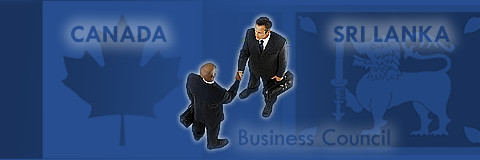
In a significant move aimed at stabilizing growth and ensuring the integrity of the education system, Immigration, Refugees and Citizenship Canada (IRCC) has announced a series of changes to the Canadian study permit system. These changes are expected to impact international students planning to study in Canada from 2024 onwards.
Temporary cap on study permits in 2024, with 360,000 approved study permits, a decrease of 35% from 2023.
Caps are being introduced for each province and territory, weighted by population.
Every study permit application submitted to IRCC will now require an attestation letter from a province or territory.
Starting September 2024, international students starting a study program that is part of a curriculum licensing arrangement will no longer be eligible for the PGWP.
Open work permits will only be available to spouses of international students in master’s and doctoral programs.
The New Caps on Study Permits
To manage the rapid growth of the international student population, the IRCC will implement a temporary cap on the number of study permits issued. For 2024, the cap is expected to result in approximately 360,000 approved study permits, marking a decrease of 35% from 2023.
Provincial Caps and Attestation Letters
The IRCC is also introducing caps for each province and territory, weighted by population. This measure aims to address the unsustainable growth of the international student population in certain provinces. From March 31, 2024, every study permit application will require an attestation letter from a province or territory, ensuring that students receive the necessary support to succeed.
Changes to Post-Graduation Work Permits
Starting in September 2024, international students who begin a study program that is part of a curriculum licensing agreement will no longer be eligible for a Post-Graduation Work Permit (PGWP). However, graduates of master’s and other short graduate-level programs will soon be eligible to apply for a 3-year work permit, providing them with an extended opportunity to gain valuable Canadian work experience.
Changes to Open Work Permits for Spouses of International Students
Under the new rules, open work permits will only be available to spouses of international students who are enrolled in master’s and doctoral programs. This means that if an international student is pursuing other levels of study, such as undergraduate or college programs, their spouse will no longer be eligible for a spousal open work permit.
